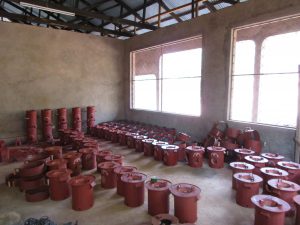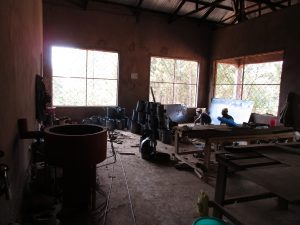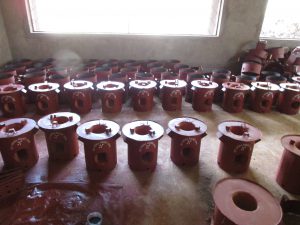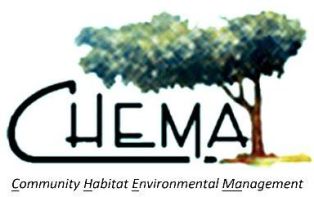Focus:
- Afforestation (tree nurseries and planting)
- Natural forests regeneration
- Promotion of beekeeping
- Develop and use of energy saving stoves
Develop and use of energy saving stoves
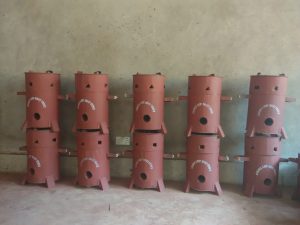
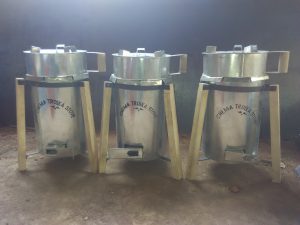
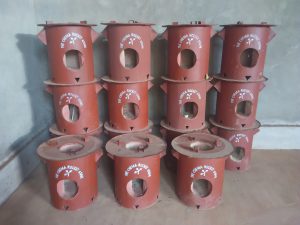
The work on the development and distribution of Improved Cooking Stoves (ICS) is a cooperation between the Berlin EwBG group and the NGO CHEMA.
These are a promising alternative to the common used cooking devices Three-Stone-Fire or charcoal burner, while going easy on ressources and reducing harmful emissions.
Initial situation:
In the rural regions of Tanzania wood and charcoal are the primary energy resources used for daily food
preparation. This puts pressure on local forests. Additionally buying charcoal can be a big financial burden to the
families and collecting wood is a very time consuming laborious task, which is commonly carried out by women and
children.
Furthermore burning of wood and charcoal results in strong smoke development and emission of harmful fumes,
which strongly affect people’s health when cooking takes place in poorly ventilated rooms. These health risks cause
about four million deaths per year worldwide (WHO 2014). Affected are mostly women and children since they are
primarily responsible for cooking.
Project description:
Based on the results of a population survey regarding cooking habits and available resources three different ICS
were developed. The performance was evaluated and adjusted through the collaboration with three families testing
the ICS in daily use. Currently we work with 50 families. In seminars we discuss the environmental problems and
challenges using the common cooking methods and the advantages and disadvantages of the ICS. We also
demonstrate their performance and handling cooking local meals. Subsequently the families decide which ICS they
want to use in order to provide feedback or technical improvement. As users are incorporated in the development
process, we hope to increase the acceptance while environmental teaching can be pushed ahead.
The EfCoiTa project wants a wide distribution of ICS, which through their efficient combustion reduce emissions
and conserve local resources. In addition ICS also enable the use of alternative fuels such as sawdust and coffee
husks. For us, empowering local communities and grassroots structures is a premise for permanent successful
collaboration. The value-creation-chain stays within the community/region and gives people the opportunity of selfdetermined
participation. All ICS can be manufactured with locally available materials and tools.
